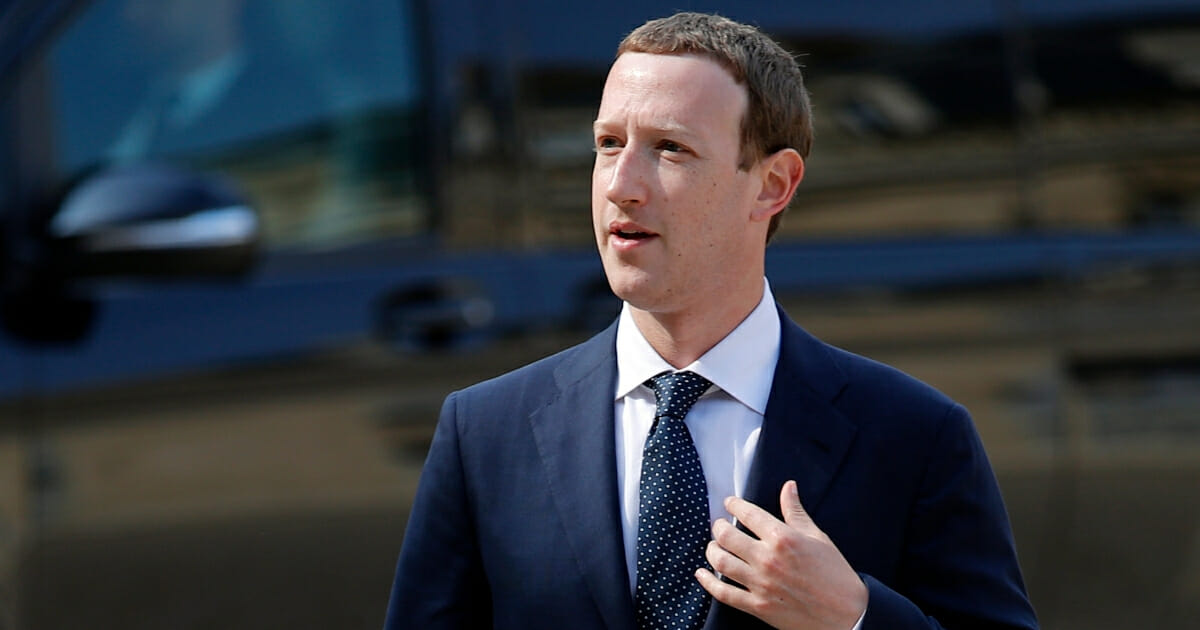
Country Tries 'Social Media Tax,' Now Millions Are Logging Off
Taxing goods and services that taxpayers cannot presumably live without has long been a staple in the toolbox of governments seeking creative and innovative ways to increase their revenue.
But as a counterpoint to the established wisdom come reports from Uganda that a social media tax has resulted in a massive drop off in the use of the social media sites that were the focus of the tax.
Since the tax has been introduced, the nation has tracked a drop of more than 2.5 million subscriptions to services covered by the tax such as Facebook, WhatsApp and Twitter, The Guardian reported.
Millions of Ugandans quit internet after introduction of social media tax
Affects more than 60 online platforms including Facebook, WhatsApp and Twitter. To use such sites, Ugandans are expected to pay a tax of 200 Ugandan shillings (4p) a day.#Uganda— Ancient India (@DavinciBodhi) February 28, 2019
The tax is 200 Ugandan shillings a day.
“The tax is an absolute insult to Ugandans … we already buy data which the government taxes, why should we again have to pay this money to government to access these platforms?” Dickens Kamugisha of Kampala said.
“And in any case these are now essential communications channels that people use to reach loved ones, communicate with friends, socialites and mobilize civically … the tax reflects the highest form of greed,” he said. Kamugisha works for a charity.
Uganda sounds a lot like California https://t.co/CP5DRWTWUq
— Lisa Daftari (@LisaDaftari) February 28, 2019
“The tax has not generated the revenue the government anticipated,” said Irene Ikomu, a lawyer based in the capital, Kampala.
Paul Cis of Nov Mobile Limited said he’s had to lay off workers because of the tax.
“Customers are not happy about (the tax). Many have resisted it,” he said. “It has made business very difficult. I can’t manage to pay employees and pay rent.”
Ibrahim Bbosa, spokesperson of the Uganda Communications Commission, said usage will bounce back in time.
“If I can access internet at work, I would rather access it at work and probably not access it when I am off work premises,” he said. “Probably, sooner or later, people will realize this is something (they) can live with. The pattern will return to normal.”
The tax had some political overtones as well, leading to speculation that its goal might be silencing dissent as much as raising cash. Long before it was imposed, President Yoweri Museveni had urged a tax to curb online “gossip,” The Guardian reported.
Museveni called social media a “luxury by those who are enjoying themselves or those who are malicious … all the moral reasons are in favor of that tax,” Reuters reported.
Social media users were “endlessly donating money to foreign telephone companies through chatting or even lying,” he said.
“Social media has become the major source of news and political information,” said Ikomu. “Heightened exposure to information via the internet has led to Ugandan citizens being more critical about political conditions in the country.”
Truth and Accuracy
We are committed to truth and accuracy in all of our journalism. Read our editorial standards.
Advertise with The Western Journal and reach millions of highly engaged readers, while supporting our work. Advertise Today.












